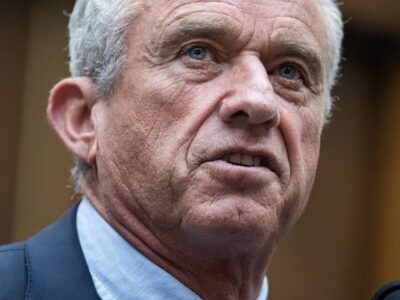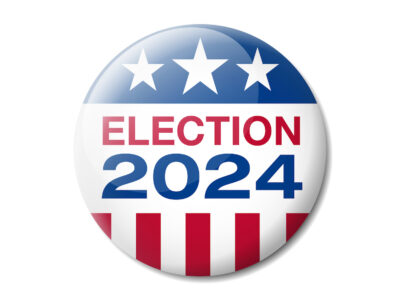Paper or Plastic?
The California Supreme Court today issued a significant decision interpreting and applying California’s most important environmental law–the California Environmental Quality Act, or CEQA.
 The issues in Save the Plastic Bag Coalition v. City of Manhattan Beach were: 1) whether a Southern California beach community was required to prepare an environmental impact report (EIR) under CEQA before enacting a ban on local retailers’ distribution of plastic bags to their customers; and 2) whether the plastic bag industry group bringing the lawsuit had standing to pursue the litigation.
The issues in Save the Plastic Bag Coalition v. City of Manhattan Beach were: 1) whether a Southern California beach community was required to prepare an environmental impact report (EIR) under CEQA before enacting a ban on local retailers’ distribution of plastic bags to their customers; and 2) whether the plastic bag industry group bringing the lawsuit had standing to pursue the litigation.
A unanimous Supreme Court issued a split decision, first concluding that the industry plaintiffs did have standing to pursue the CEQA challenge, but then ruling on the merits that the city was not required to prepare an EIR before adopting the ordinance banning plastic bags.
Both aspects of today’s ruling are important. In recent years there’s been a growing public debate over whether CEQA is being “mis-used”–by labor unions seeking management concessions under the guise of environmental concerns, business groups invoking CEQA to pursue economic rather than environmental objectives, etc. Remarkably (at least to me), over the 40-year history of CEQA the California Supreme Court had never addressed the standing issue–until today. In its decision, the justices ruled that businesses and other institutional litigants have every bit as much right to file CEQA lawsuits as do individuals. And the Court similarly rejected the city’s argument that CEQA should only be invoked by those who have environmental, rather than economic, concerns at heart. The justices disagreed with that proposed limit on CEQA standing as well.
In doing so, the Court firmly disassociated itself with environmental standing rules established by the federal courts–rules that have been applied in recent years to bar the federal courthouse door to environmental groups while at the same time allowing business interests to challenge environmental laws. “There are sound reasons to be cautious in borrowing federal standing concepts, born of perceived constitutional necessity, and extending them to state court actions where no similar concerns apply,” mused the Court.
On the merits, however, the justices showed little patience for the plastic bag industry’s argument that the municipal ban on plastic bags had to be preceded by preparation of an EIR. And that was in spite of the (somewhat surprising) fact that on the record before the Court, “it is undisputed that the manufacture, transportation, recycling, and landfill disposal of paper bags entail more negative environmental consequences than do the same aspects of the plastic bag `life cycle’.” No matter, said the justices: it would be “pointless” and “ridiculous” to require the city to prepare an EIR in this instance.
The California Supreme Court’s broad CEQA standing ruling may well prompt some (including, somewhat ironically, business interests) to seek legislation narrowing access to the courts in future CEQA cases. And the Court’s repeated invocation of a “common sense” approach to CEQA is likely to trigger additional litigation by those who feel that California courts have taken an overly technical (read: aggressive) approach to CEQA compliance.
Meanwhile, it’s quite possible that the decision in Save the Plastic Bag Coalition will encourage other local governments in California and elsewhere to adopt retail bans on plastic bags similar to the now-vindicated Manhattan Beach ordinance. A plethora of such local bans would likely prove a nightmare for major retailers such as Safeway and Target. Wouldn’t a uniform, statewide ban on plastic bags–such as the one contained in legislation that former California Governor Schwarzenegger vetoed a couple of years ago–make more sense? Hopefully, that state legislation will re-surface as well.
Reader Comments
One Reply to “Paper or Plastic?”
Comments are closed.








It’s really great that the state of California is doing this. BTW, I also found something related to your cause from this channel on YouTube. http://youtu.be/mokcx-fNohg